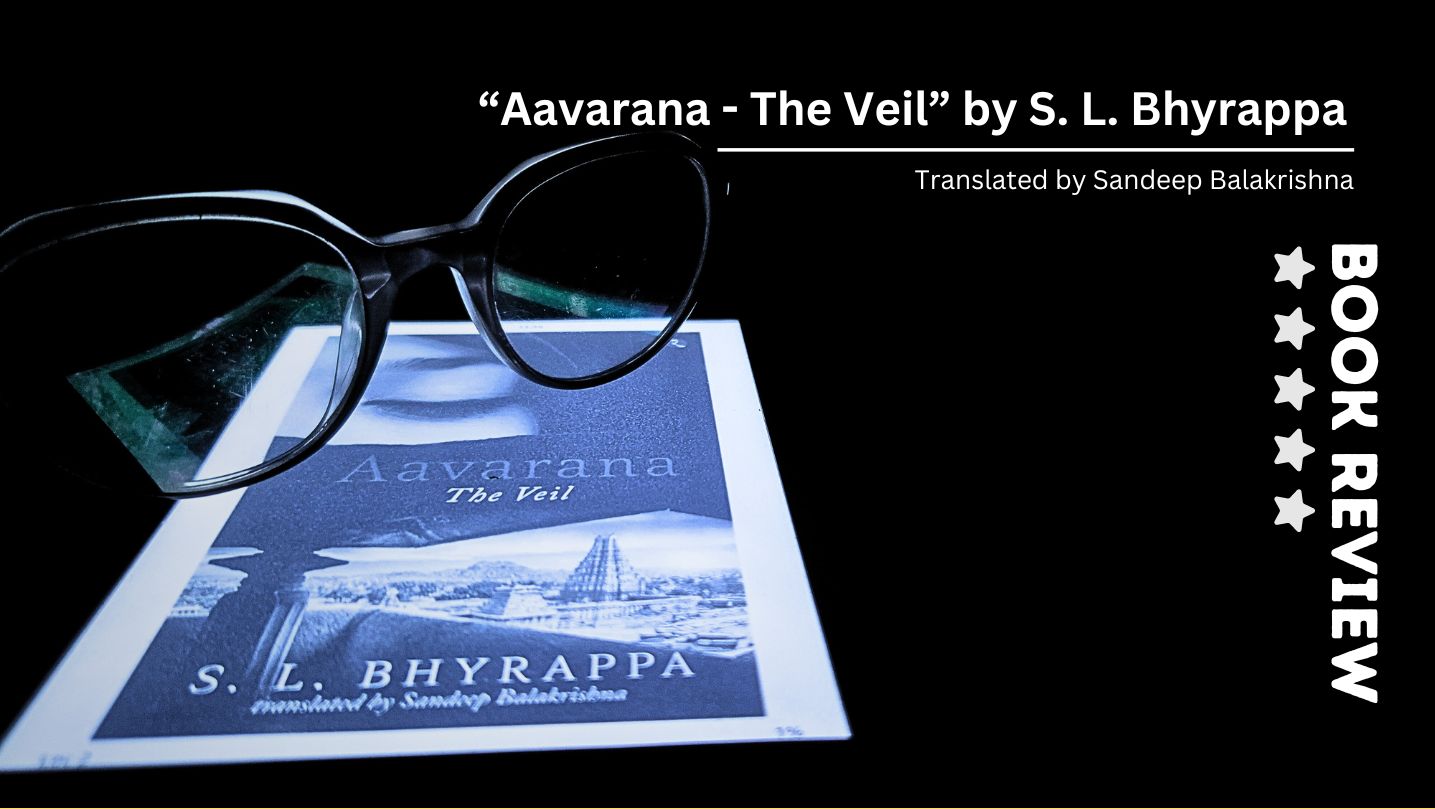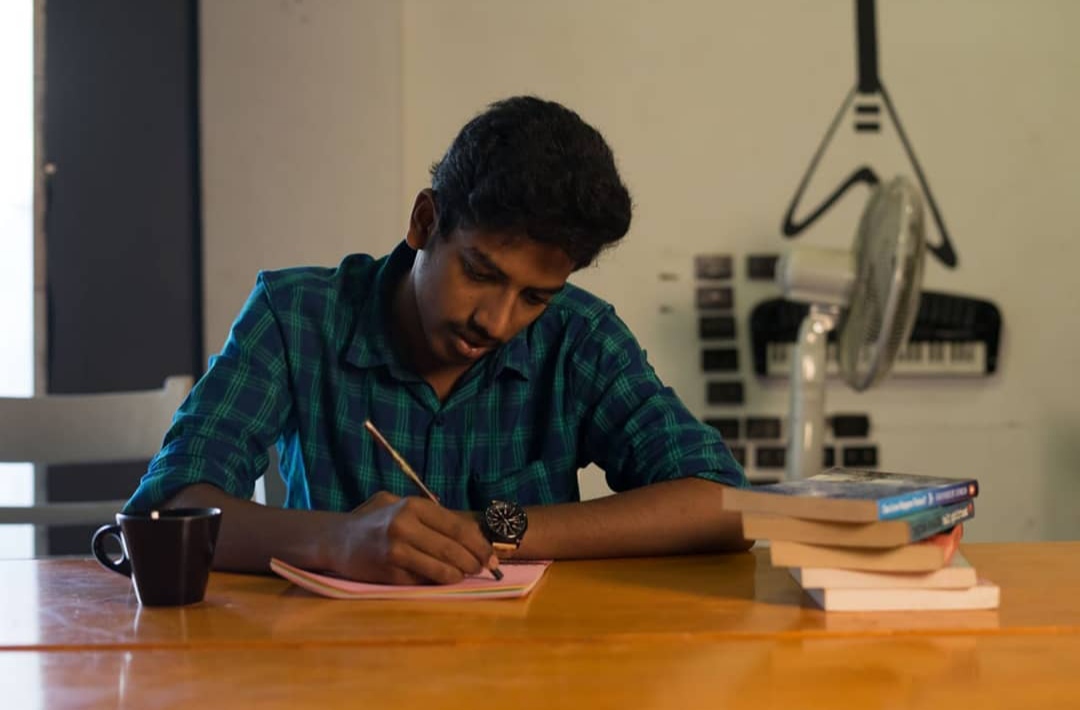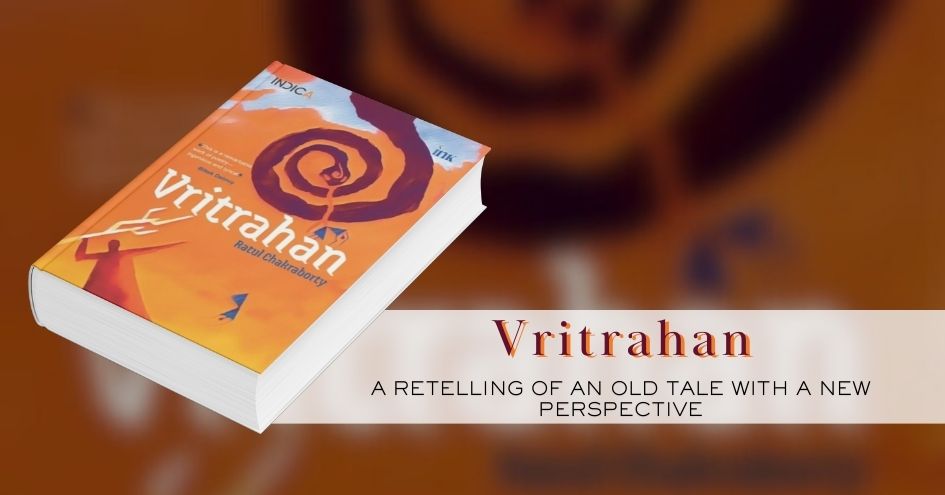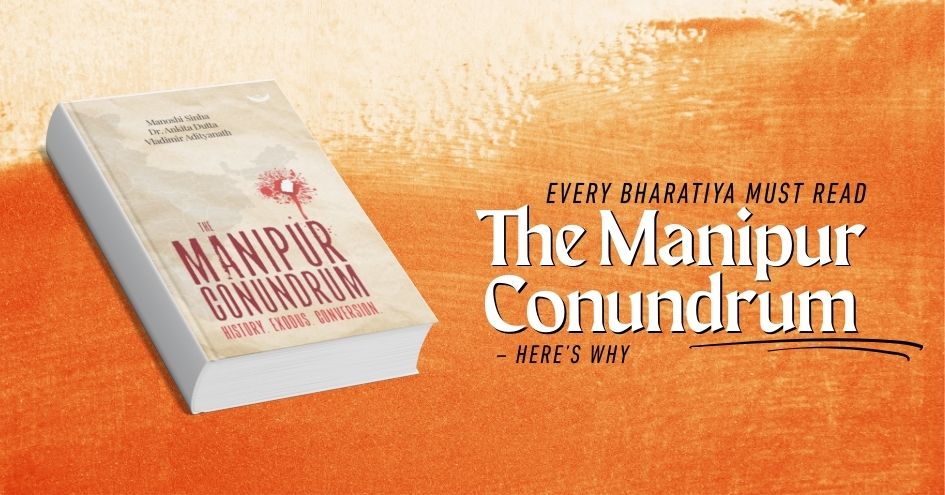
Historical fiction often left me cold. I found it hard to connect with narratives that felt sanitized and Eurocentric. Historical Fictions rarely resonated with my Indian heritage, as the cultures depicted were distant from my own experiences at home, with friends, or in my community. This disconnect fueled a cynicism towards the genre, making historical fiction feel doubly inauthentic – history itself, I reasoned, was a construction, and historical fiction merely another layer of invention. However, my skepticism was challenged upon encountering the acclaimed novel Aavarana by S.L. Bhyrappa. The fervent praise surrounding the book piqued my curiosity, and I embarked on a journey through its pages. To my surprise, I found myself captivated by its richly woven characters and profound narrative.
Aavarana immediately grips the reader with its meticulous research and timely intervention in the ongoing debates about historical distortion in India. It's the first time I've encountered historical fiction that feels so relevant to contemporary social issues. The novel opens with Raziya and Amir, two filmmakers with contrasting ideological viewpoints, embarking on a government-funded documentary project in Hampi. Their differing perspectives on history, particularly regarding religious tolerance and conversion, become the foundation for a deeper exploration of both personal and societal identity.
Raziya, formerly Lakshmi, wrestles with the ethical dilemma of manipulating history for political gain. This inner conflict is particularly poignant given her own case of conversion before marrying Amir. A visit to her father's village after his death becomes a catalyst for introspection. Here, amidst his extensive collection of books, Raziya confronts the stark discrepancies between the historical narrative perpetuated by the Marxist establishment and the realities she uncovers.
S.L. Bhyrappa navigates the shift between identity, ideology, and historical truth with masterful finesse. He portrays Raziya's transformation from unquestioning conformity to critical inquiry with remarkable nuance. Through her journey, readers are forced to confront unsettling truths about the brutality of past tyrants and the systematic silencing of these narratives in mainstream discourse. This resonates deeply with our generation, empowered by digital platforms, as we challenge established historical narratives and demand a more comprehensive and accurate portrayal of India's past.
The novel's conclusion delivers a powerful indictment of manipulating history for political or ideological agendas. Bhyrappa underscores this critique by providing a curated list of scholarly works that dismantle common myths surrounding Indian history and bring past atrocities to light. He challenges readers to confront these unsettling truths, recognizing that genuine social harmony can only be built on a foundation of historical accuracy.
Some of those scholarly works (books) includes,
Nationalism and Distortions of Indian History by Navaratna Rajaram
Jaziya and the Spread of Islam by Harsh Narain
Ayodhya and After by Koenraad Elst
A short history of Aurangzib by Jadunath Sarkar
Hindu Temples - What happened to them by Sitaram Goel
The inclusion of non-Indian scholars in Bhyrappa's curated list is intriguing. It prompts the question: was Indian history merely sanitized by outsiders, or was the manipulation far more insidious?
Though criticized for potentially inflaming anti-secular sentiments, Aavarana has become a landmark literary achievement, lauded by Kannada readers and translated into multiple languages. I myself have read the book only in English. Sandeep Balakrishna's brilliant translation brought the book to life in English. I completely forgot I was reading a translation, unlike many other translated works that can feel clunky. S.L. Bhyrappa's unwavering dedication to historical truth, coupled with his poignant exploration of the dangers of ideological distortion, elevates Aavarana to a work of undeniable significance in contemporary Indian literature.
In essence, S.L. Bhyrappa's "Aavarana" is a powerful wake-up call, reminding us that historical truth is the cornerstone of both a unified society and a genuine understanding of the past. Bhyrappa's meticulously crafted narrative serves as a guide, leading readers on a journey of introspection and discovery. He doesn't shy away from challenging comfortable narratives, instead urging readers to confront the uncomfortable truths that lie hidden beneath the sanitized veneer of history. Through these profound insights, "Aavarana" compels us to critically re-evaluate the past, potentially fostering a more cohesive social fabric.
Those who don't know history, are doomed to repeat it.
 Vigneshwaran, Senior Correspondent of TheVerandahClub.com is both a skilled digital content writer and marketer by profession, as well as an avid independent writer driven by his passion. His literary talents extend to crafting beautiful poems and captivating short stories including the Sehwag Tales series. In addition to these creative pursuits, he has also authored a book titled "Halahala," which can be found on Wattpad.
Vigneshwaran, Senior Correspondent of TheVerandahClub.com is both a skilled digital content writer and marketer by profession, as well as an avid independent writer driven by his passion. His literary talents extend to crafting beautiful poems and captivating short stories including the Sehwag Tales series. In addition to these creative pursuits, he has also authored a book titled "Halahala," which can be found on Wattpad.
NEXT ARTICLE

Saiswaroopa Iyer is an author who needs no introduction. She is one of the authors who pioneered Puranic fiction in India with books exploring tales f...

Indra killed Vritra using his Vajra. Once again, good won over evil and dharma over adharma. This is a story most Bharatiyas know. The story is a pa...

The recently-released book on Manipur titled The Manipur Conundrum – History. Exodus. Conversion. – is the result of tiring efforts by three Bharatiya...